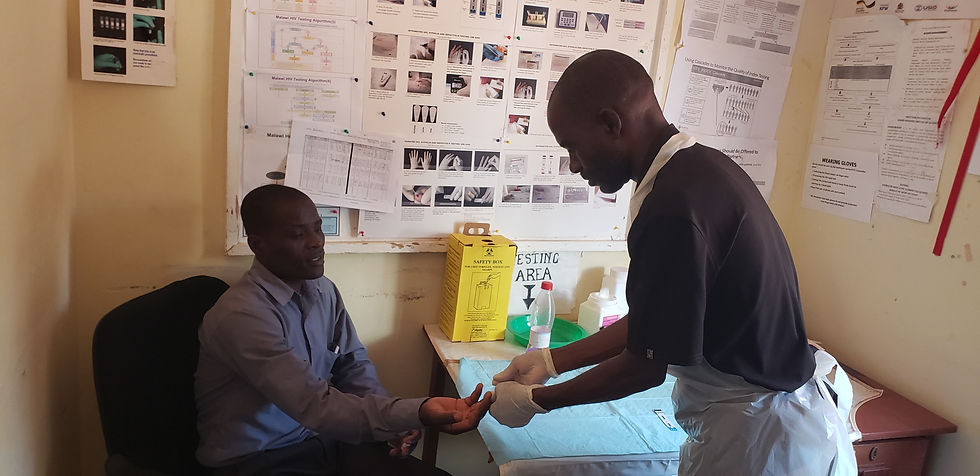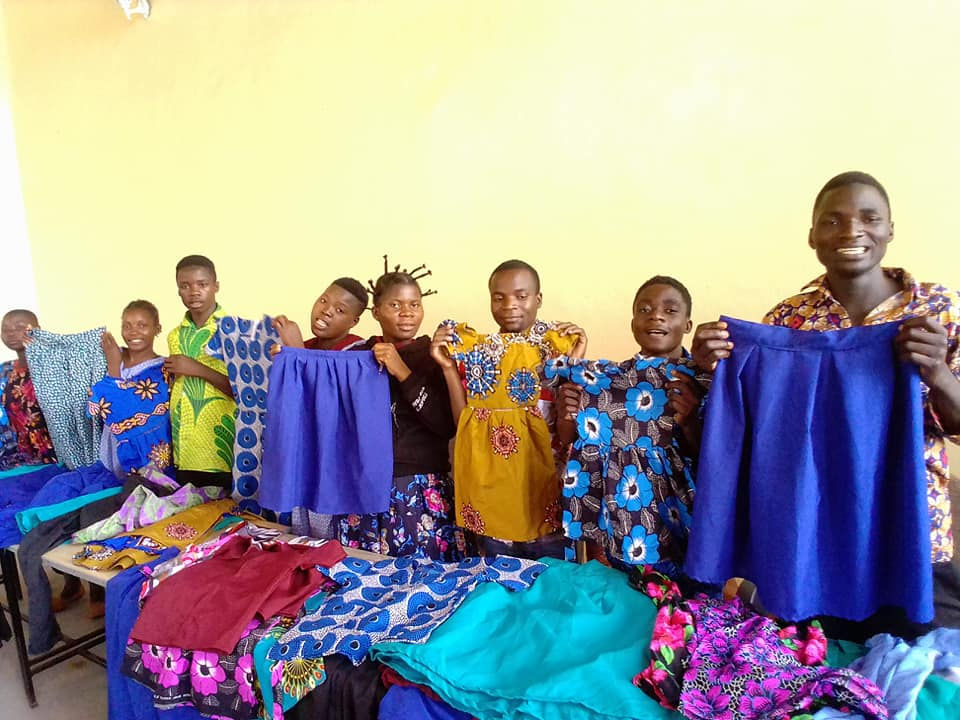The Importance of Sexual Health Education
- Atupele Mwaiwambe Kalambo
- Oct 16, 2025
- 3 min read
Sexual health is a vital part of overall well-being. It shapes how we understand ourselves and relate to others. For young people, especially in vulnerable and underserved rural communities, having access to accurate and compassionate information can change lives. It can protect them from harm, empower their choices, and build a foundation for healthier futures.
I want to share why youth sexual health education matters so deeply. It is more than just facts about bodies or diseases. It is about respect, safety and hope. It is about giving young people the tools they need to thrive.
Understanding Youth Sexual Health in Rural Communities
In many rural areas, including Northern Malawi, young people face unique challenges. Access to healthcare and education is limited. Cultural taboos often silence conversations about sexuality. This leaves many youth vulnerable to misinformation, early pregnancies and sexually transmitted infections.
Youth sexual health education helps bridge this gap. It provides clear, honest answers to questions that might otherwise go unanswered. It encourages young people to think critically about their choices and the consequences. It also promotes respect for themselves and others.
For example, teaching about consent and healthy relationships can reduce instances of abuse and exploitation. Explaining how to prevent HIV and other infections can save lives. These lessons are not just theoretical - they are practical tools for daily living.

What is the Concept of Sexual Education?
Sexual education is a broad term that covers many topics. It includes anatomy, reproduction, contraception, and disease prevention. But it also goes beyond biology. It addresses emotions, relationships, identity, and communication.
Good sexual education is age-appropriate and culturally sensitive. It respects local values while providing scientifically accurate information. It encourages questions and open dialogue. It helps young people develop skills to make informed decisions.
In rural communities, this means adapting lessons to the realities young people face. For instance, discussing how to access local health services or how to talk to trusted adults. It also means recognizing the role of family and community in shaping attitudes.
By understanding the full concept of sexual education, we can see why it is essential for youth empowerment and health.

How Sexual Health Education Empowers Youth
Empowerment is at the heart of sexual health education. When young people know their bodies and rights, they gain confidence. They can say no to unwanted advances. They can seek help when needed. They can plan their futures with clarity.
This empowerment reduces risks. It lowers rates of teenage pregnancy and HIV infection. It also improves mental health by reducing shame and fear. Youth who receive comprehensive education are more likely to delay sexual activity and use protection.
Practical steps to empower youth include:
Providing safe spaces for discussion
Training local educators and health workers
Involving parents and community leaders
Using relatable stories and examples
These actions create a supportive environment where young people feel valued and heard.

Overcoming Barriers to Sexual Health Education
Despite its importance, many barriers exist. Stigma and cultural beliefs often prevent open conversations. Lack of resources and trained personnel limits program reach. Misinformation spreads easily without trusted sources.
To overcome these challenges, we must:
Build trust within communities by involving respected leaders.
Use local languages and culturally relevant examples.
Ensure confidentiality and privacy for youth participants.
Advocate for policies that support comprehensive education.
Collaborate with organizations like Ekwendeni Hospital HIV/AIDS Programme (EHAP) that focus on rural health.
By addressing these barriers, we can make sexual health education accessible and effective for all young people.
Moving Forward with Hope and Action
The journey toward better youth sexual health is ongoing. It requires commitment from individuals, families, communities, and organizations. But the rewards are profound - healthier lives, stronger communities, and brighter futures.
I encourage everyone to support efforts that bring accurate, compassionate sexual health education to rural areas. Together, we can create a world where young people are informed, respected, and empowered.
For more information and resources, visit sexual health education.
Let us keep hope alive and work hand in hand to uplift the next generation.
Thank you for reading. Your interest and care make a difference.




Comments